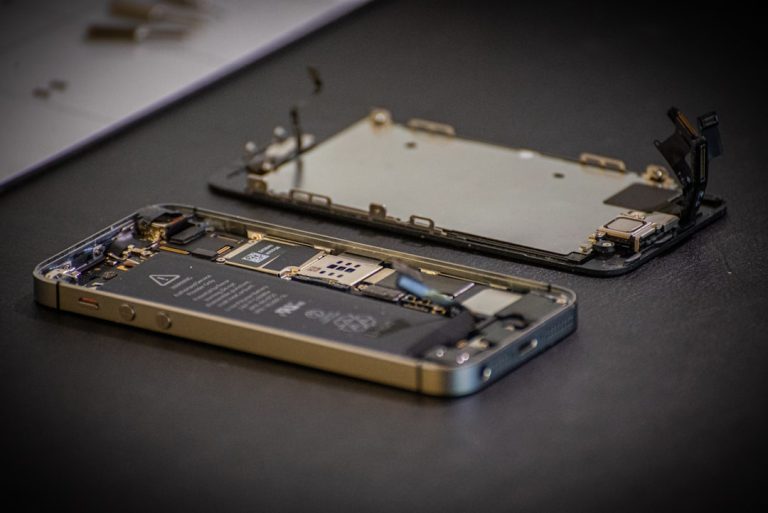Credit Repair vs. Debt Settlement: Understanding the Difference
Managing debt can be a challenging task for many Americans. When faced with financial difficulties, individuals often turn to solutions like credit repair and debt settlement to improve their financial situation. While both options aim to help individuals resolve their debt issues, they work in different ways and have varying impacts on one’s credit score and financial well-being.
Credit Repair
Credit repair involves the process of identifying errors or inaccuracies on your credit report and taking steps to correct them. This may include disputing incorrect information with credit bureaus, negotiating with creditors to remove negative marks, and implementing strategies to rebuild your credit history. The goal of credit repair is to improve your credit score by addressing issues that may be dragging it down.
One common misconception about credit repair is that it can magically erase accurate negative information from your credit report. In reality, legitimate negative items, such as late payments or collections, cannot be removed through credit repair unless they are proven to be inaccurate or unverifiable. However, by addressing errors and working to establish positive credit habits, you can gradually improve your credit score over time.
Debt Settlement
Debt settlement, on the other hand, involves negotiating with creditors to reduce the total amount of debt owed. This typically occurs when a debtor is unable to repay the full amount and creditors agree to accept a lump-sum payment for less than what is owed. Debt settlement can help individuals lower their overall debt burden and potentially avoid bankruptcy.
While debt settlement can provide relief from overwhelming debt, it comes with some drawbacks. For instance, settling a debt for less than the full amount can negatively impact your credit score. The settled account may be reported as “settled” or “charged-off,” which can stay on your credit report for up to seven years and lower your credit score significantly.
Which Option Is Right for You?
Choosing between credit repair and debt settlement depends on your individual financial situation and goals. If you have errors on your credit report that are dragging down your score, credit repair may be the appropriate solution. Working to correct inaccuracies and build positive credit habits can help you improve your creditworthiness over time.
On the other hand, if you are struggling with overwhelming debt that you cannot repay in full, debt settlement may offer a way to reduce your total debt burden. However, it’s essential to weigh the potential impact on your credit score and consider alternative options, such as debt consolidation or working with a credit counselor.
Conclusion
Both credit repair and debt settlement can be valuable tools for individuals looking to improve their financial situation. Understanding the differences between the two options and their potential impact on your credit score is crucial in making an informed decision. Whether you choose credit repair or debt settlement, remember that improving your financial health takes time and commitment.
Ultimately, seeking guidance from a financial advisor or credit counselor can help you navigate the complexities of managing debt and rebuilding your credit. By taking proactive steps and staying informed about your options, you can work towards a healthier financial future.
For more personalized advice regarding credit repair, debt settlement, or other financial matters, feel free to reach out to our team of experts. We are here to help you achieve your financial goals and make informed decisions about your money.






